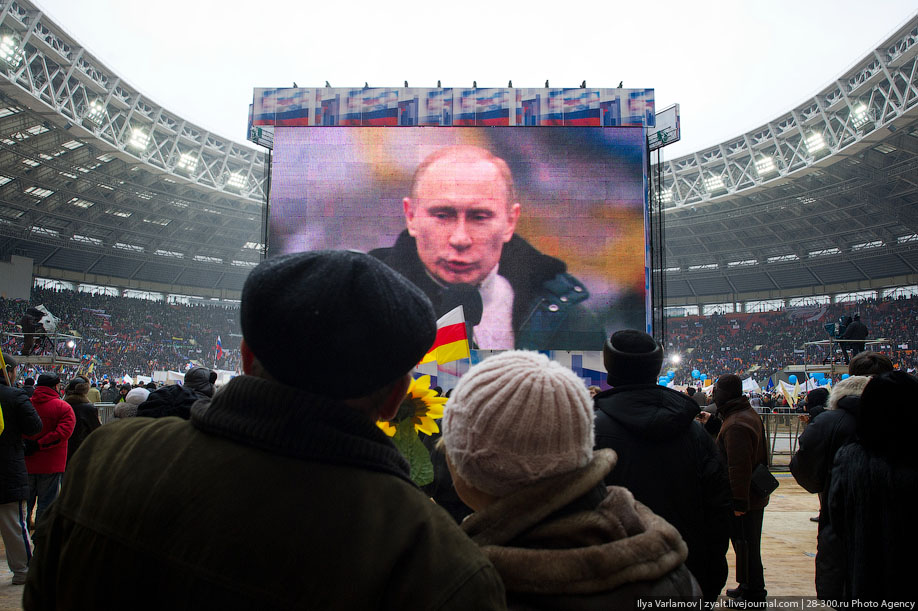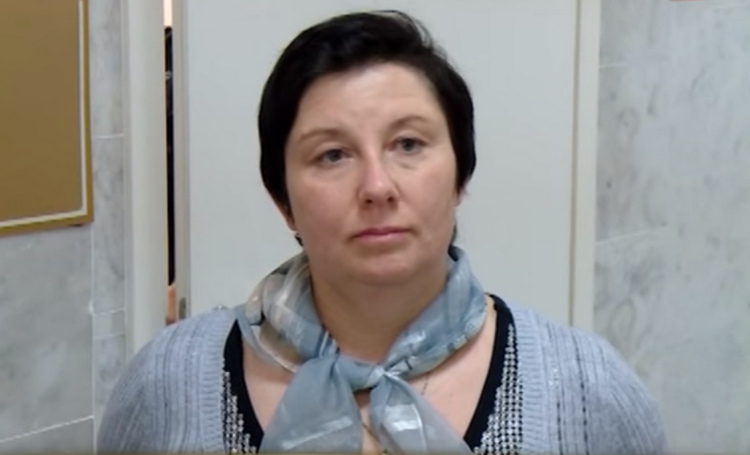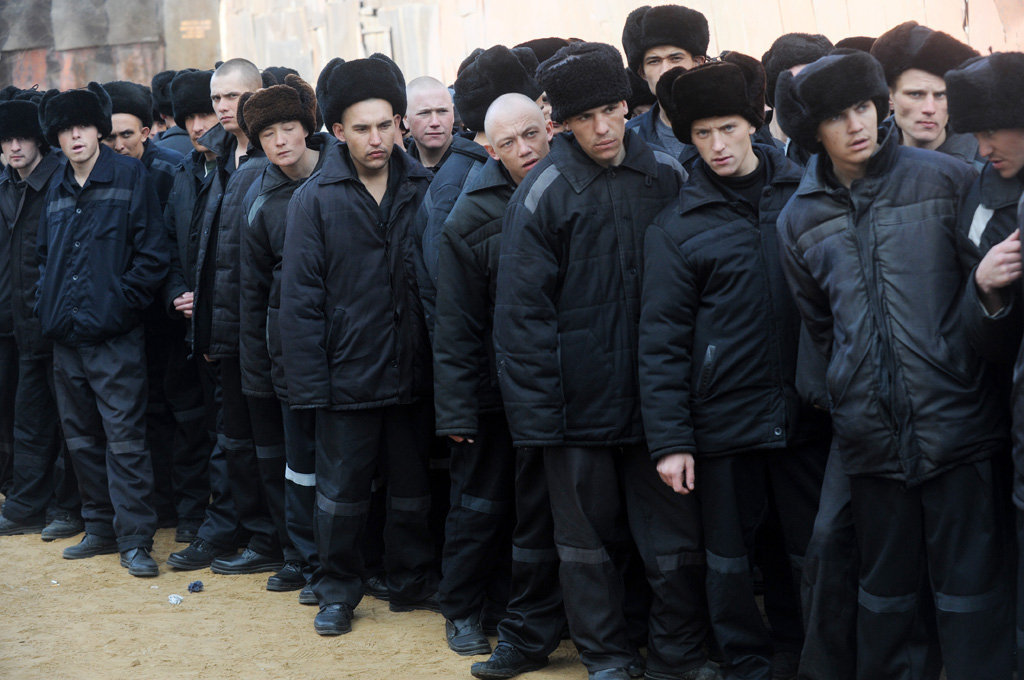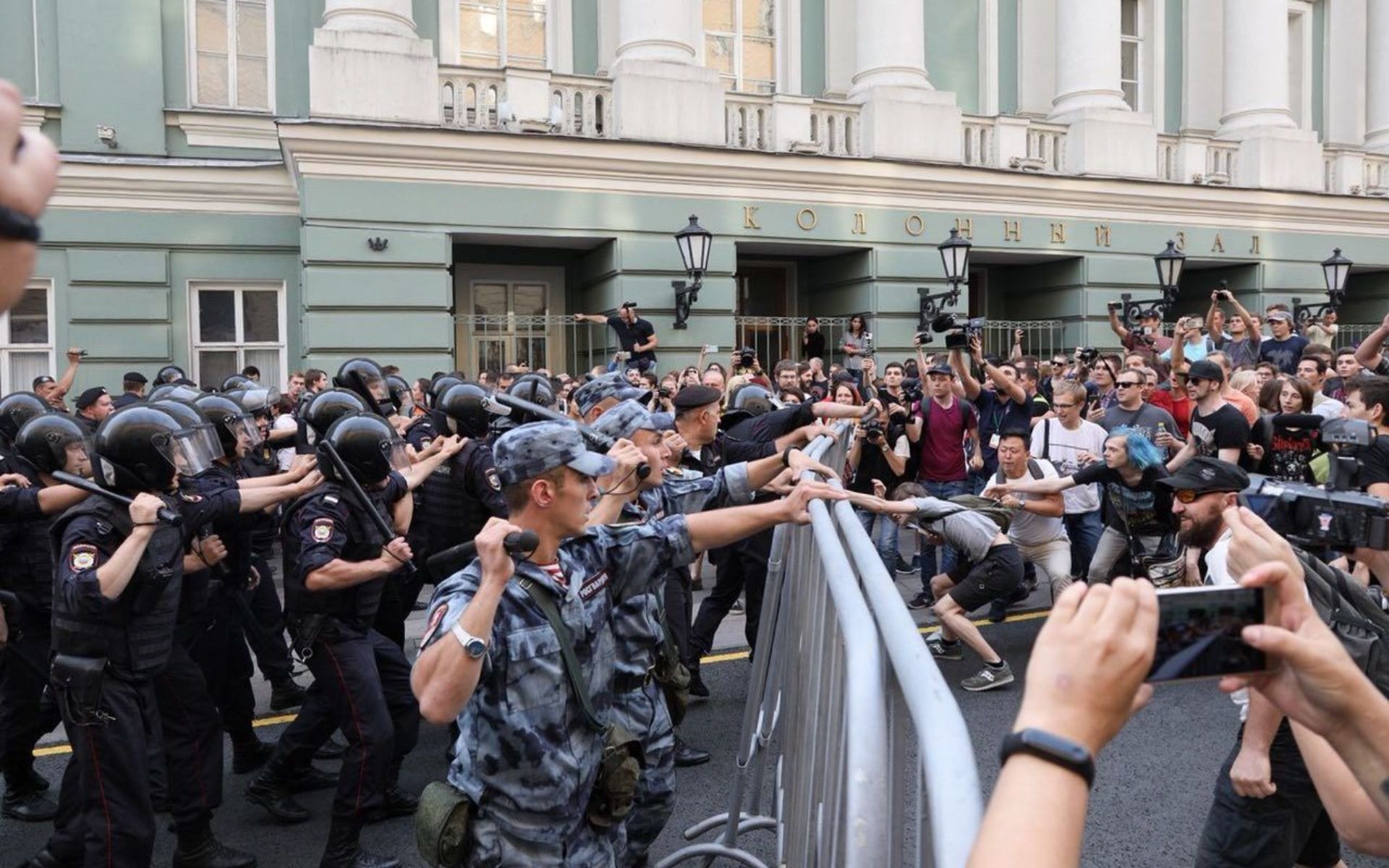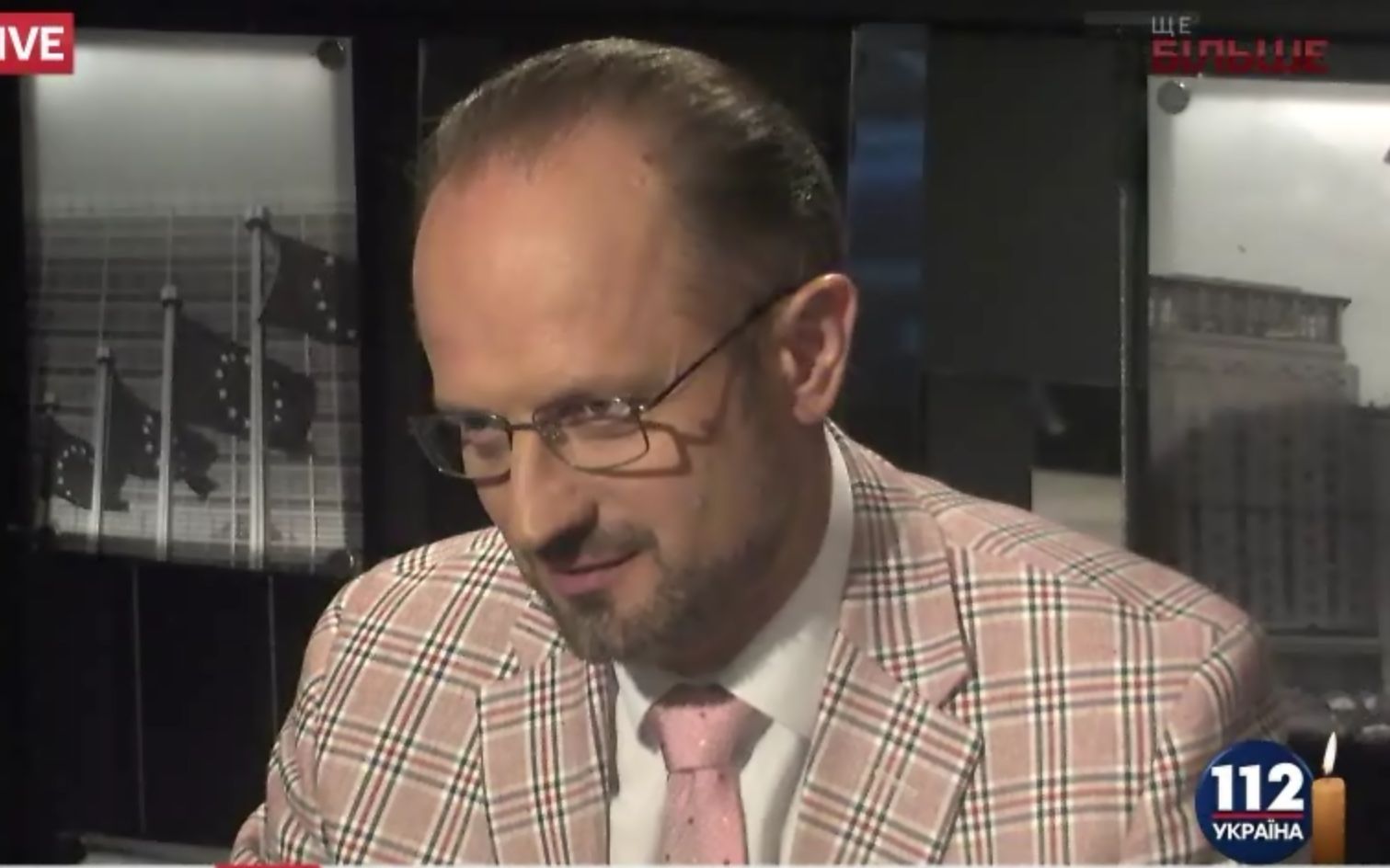The Russian language used by Vladimir Putin -- unlike the language of Pushkin -- “doesn't threaten Russia’s neighbors or the world,” Kateryna Shchetkina says, not only because of his actions but also because of his vulgarization of Russian, a tongue which before him had been one of the world’s great languages.

(Image: zn.ua)
In a commentary for Kyiv’s Delovaya Stolitsa, the Ukrainian commentator says that Moscow’s current effort to get Russia’s neighbors to recognize a special status for Russian might have worked five or even more likely ten years ago as a typical kind of post-imperial policy.
But Russia missed that chance by invading Georgia and then unleashing war in Ukraine, and consequently, “restoring the image of ‘a good neighbor’ interested in cultural, spiritual and educational ties” is beyond its capacity now. Instead of soft power, Putin chose hard; and he can’t change horses now.
At the same time, Shchetkina says, Putin by his own mouth has shown he has little real love for the language of Pushkin and is quite prepared to “rape” the Russian language, as some who listen to him say, and to do so with verve and relish. He violates its grammar just as much as he does all the other rules when it suits him.
And “to give him his due,” she continues, Putin has a very good sense of his audience within Russia if not beyond its borders. He understands that his vulgarities from “drowning the Chechens in the outhouse” on play well to a population in which “the rape of language is now in fashion.”
But for Ukrainians and for others who were once part of the empire, there is good news arising from this: “Putin’s language unlike Pushkin’s doesn't threaten Russia’s neighbors or the world. The present Russian regime can only act as a parasite on it but is incapable of making it into a weapon.”
Indeed, Shchetkina argues, Russia doesn't exist anywhere beyond these things; and that explains why Putin has said that Russia has no borders because Russia is a “virtual” reality rather than a geographic one. And in this is a problem: “this culture and language does not belong undividedly to a country which is now called the Russian Federation.”
This culture and language “were created by an empire, by the combined efforts and contributions, free or unfree, direct or mediated of all its peoples with all their histories. After the disintegration of the empire, the metropolitan center put its paw on this ‘cultural commonality,’” and those who left agreed to that arrangement.
But Moscow and its rulers weren't satisfied with that as they would have been had they pursued a post-imperial policy. Being a cultural metropolitan center wasn't enough. They wanted to impose a political straitjacket over all the others and to use the Russian language to do so, an act that inevitably generated a harsh reaction and ended by hurting Russia itself.
She continues: “Having declared the space of ‘the Russian language’ the sphere of his geopolitical interests, the Kremlin parasite has transformed Russian into a threat to the national security of the neighbors and, at the same time, forced Russian speakers to become doubtful about their own cultural identification.”
Now, that lingual “areal is contracting;” and there is little reason to think that will change. And that points to a bad end because “Russian language and culture cannot develop outside the context of broad mutual exchanges. Indeed, outside of them, these things don’t exist,” the commentator says.
“It is possible to conquer Crimea, to disorder the Donbas, to mess with the land of Georgia, and to destroy the archaeological features of Aleppo,” she says. But this comes with a price: and that price is Russia itself – “the unseen and immaterial Russia which existed only in the form of language and culture.”
And Shchetkina concludes: Every time Putin achieves something on the map, he loses a little of what he says he is fighting for.
Related:
- Moscow wields Russian again as hybrid weapon against its neighbors
- Ukrainian becoming de facto the language of Ukraine, Viatrovich says
- Russian language knowledge declining in country's non-Russian republics, Barinov says
- Moscow's invasion hasn't affected Russian language rights in Ukraine, experts say
- Russia 'for first time in its history' has lost its monopoly on the Russian language, Zhadan says
- Russia's actions in occupied Crimea show how Moscow plans to destroy non-Russian languages in Russia itself
- Putin launches broad new attack against non-Russian languages

